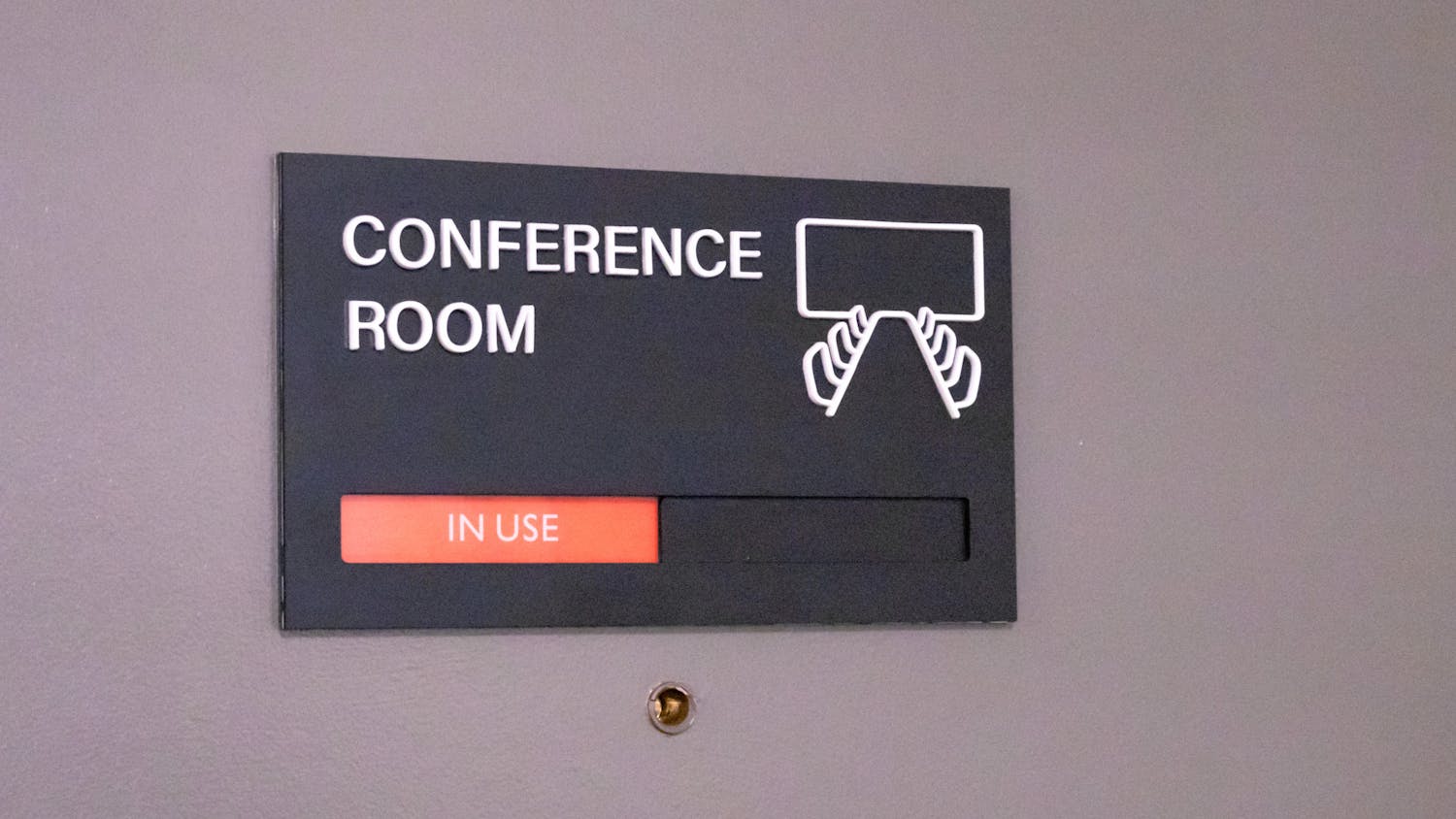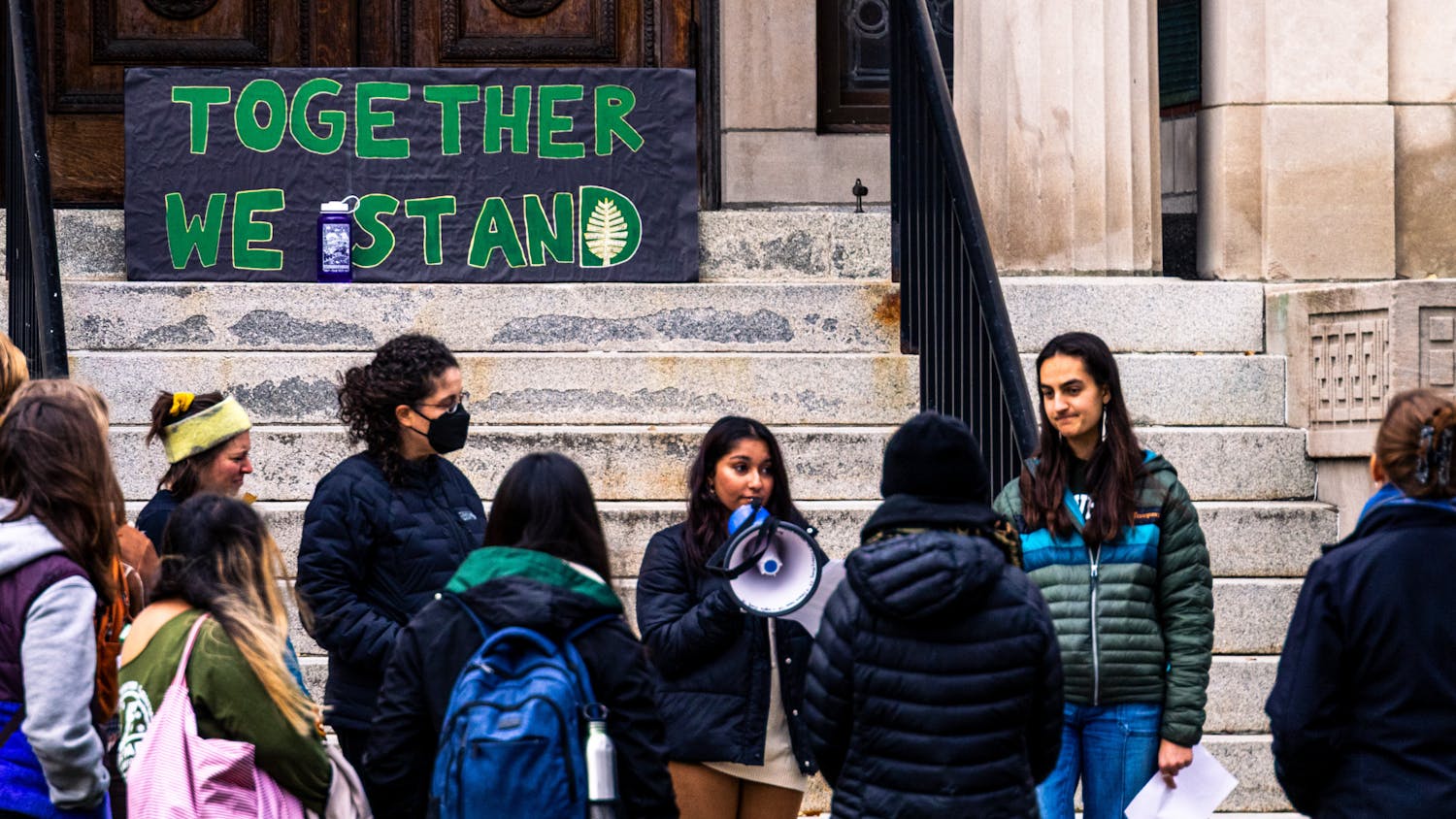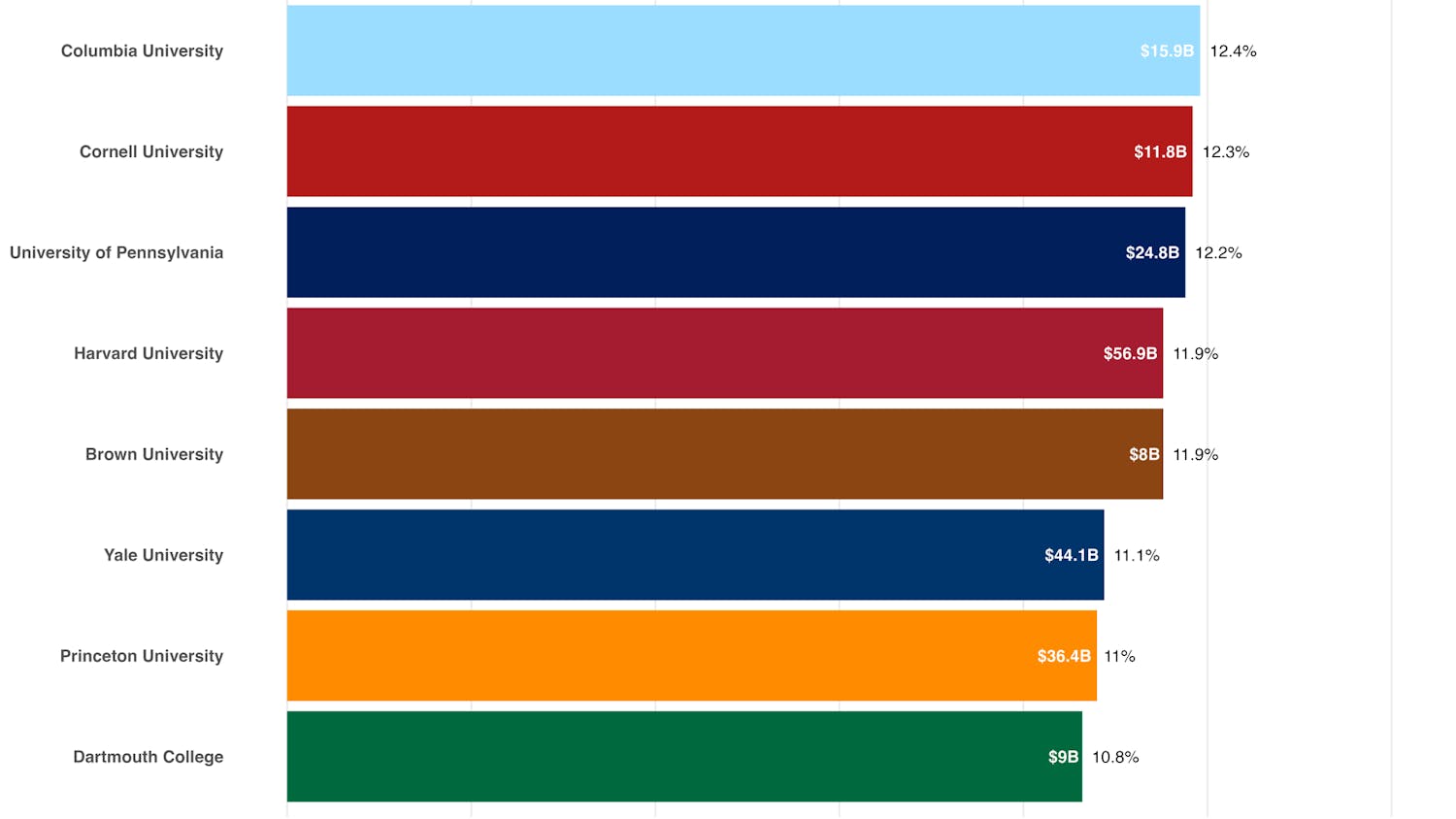Nsar Hamid Abu Zayd, a professor of Islamic literature at the University of Leiden in the Netherlands, traced the history of Islamic government in Egypt yesterday and spoke about the possibilities for secular states in the Islamic world -- a topic which is so unpopular in his own country he has gone into exile abroad.
Abu Zayd left Egypt after his works came under critical fire and it became too difficult to continue his work in his native country.
"This conference could not happen in Cairo," Abu Zayd said.
In his speech Abu Zayd spoke on Egyptian transition in the context of its own history and interaction with Europe.
There are two factions in the Islamic world each with differing views on Islam -- one claiming that Islam is an alterable, changing religion, capable of adapting to a more modern, secular era, the other saying it is based on permanent principles and cannot change.
The problems exist with the interpretation of the Qur'an itself, and the argument of whether the Qur'an was created by man or not, Abu Zayd said.
If the Qur'an was created, then it could be interpreted with human rules, as those who wished for a more secular state would believe. But those who were more traditionalist in thinking, believed the Qur'an was eternal, and that its writings were not open for debate, said Abu Zayd.
The Qur'an has to be open for debate, interpretation, and adaptation to modern context thought, Abu Zayd said, siding with the former opinion, pointing to the chapters and writings on slavery in the Qur'an, an institution that no longer exists.
Europe has historically challenged Egypt and the rest of the Islamic world to modernize and in that modernization to try and separate religious beliefs and legal function, Abu Zayd said. The challenge rested on the definition of modernity, Western industrial and urban ways of life, reason and science triumphing over eastern history and culture, Abu Zayd said.
This challenge to become a modern, powerful state was taken up on multiple occasions, starting as early as the 1820s and 1830s under Sheik Muhammad Ali.
This first attempt to alter the traditional Egyptian state into a modern one, based on the principles of a strong military, education, and economic development was successful.
This first response in Egypt was to reflect what European nations were doing to industrialize while reinvestigating and rethinking Islam.
"Similarly an intellectual response to the European challenge came at the mid-nineteenth century. It is not Islam that is responsible for our backwardness, but it is our misunderstanding of Islam. Islam is actually a religion of modernity, a religion of culture," Abu Zayd said.
Throughout its history, Egypt had to face a militaristic Europe, and modern secularism was seen as an answer, Abu Zayd said. But secular does not mean modern and democratic. "Turkey claims to be the only secular Islamic state, but democracy there is censored under the military," Abu Zayd said.
And even modernity is not seen as the answer to all problems, because modernity is a no win choice, Abu Zayd said. To take on westernism was to lose identity, but to hold on to tradition was to submit yourself to importing technology from the west, Abu Zayd said.
The speech was co-sponsored by the Rockefeller Center as part of their Transitions series and the John Sloan Dickey Center.



